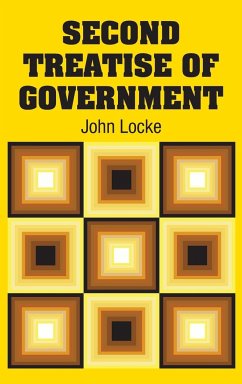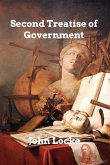Produktdetails
- Verlag: Simon & Brown
- Seitenzahl: 128
- Erscheinungstermin: 18. November 2018
- Englisch
- Abmessung: 235mm x 157mm x 12mm
- Gewicht: 347g
- ISBN-13: 9781731706461
- ISBN-10: 1731706464
- Artikelnr.: 54693688
- Herstellerkennzeichnung
- Libri GmbH
- Europaallee 1
- 36244 Bad Hersfeld
- gpsr@libri.de








